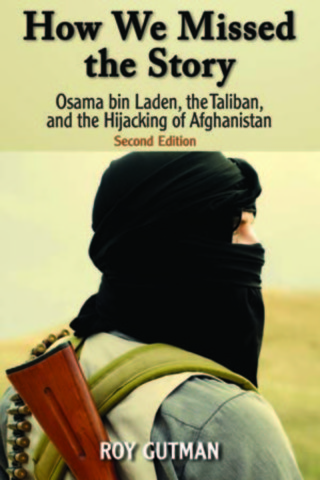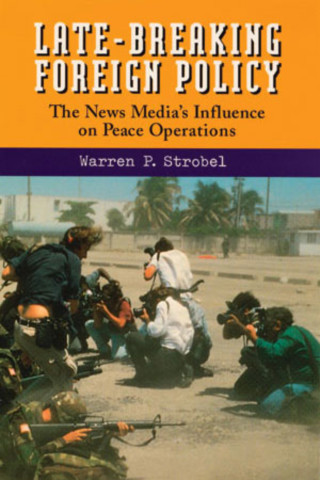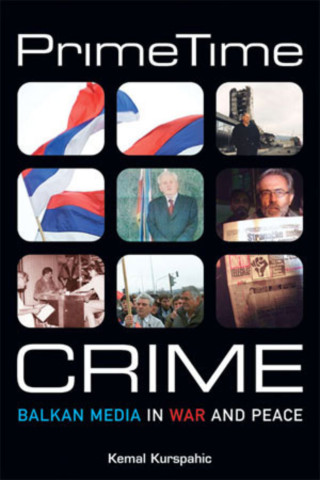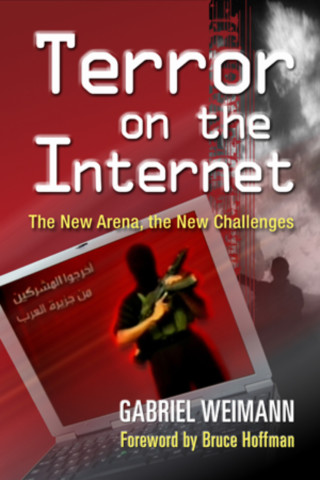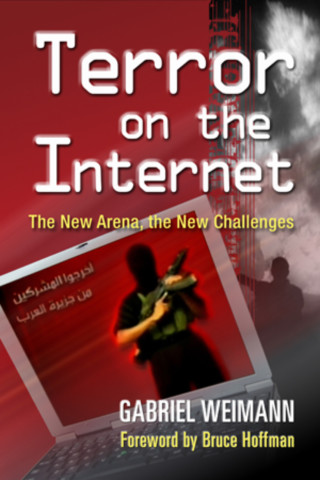Catalog
- Sort by
In How We Missed the Story, Second Edition, Pulitzer prize-winning journalist Roy Gutman extends his investigation into why two successive U.S. administrations failed to head off the assaults of 9/11 and to look at the U.S. military intervention that followed. Anyone who thinks Afghanistan doesn't matter, or that Washington can walk away once again, is "missing the story."
The influence of the media--particularly the "CNN effect"--has dramatically changed the way foreign-policy decisions are made. But there have been few in-depth studies of how televised news reports and newspaper accounts of humanitarian tragedies abroad affect the decision to deploy U.S. forces.
This insightful book by a working journalist examines the media's influence on the deployment--or withdrawal--of U.S. peacekeeping troops to avert humanitarian disasters the world over.
Drawing on interviews with senior U.S. national security officials and the journalists who covered the humanitarian-relief operations in Bosnia, Rwanda, Somalia, Haiti, and northern Iraq, Strobel provides riveting behind-the-scenes accounts of recent peace operations. He describes the conditions in which the media has the greatest, and the least, influence, and offers recommendations to civilian and military leaders on building and maintaining public support in an age of intense media scrutiny.
One of the most courageous journalists of our time, Kemal Kurspahic tells a riveting tale of how media malfeasance stirred up the ethnic hatreds that led to the bloody Balkan wars of the 1990s. Drawing on extensive interviews with journalists in the region, the author recounts how—after serving Yugoslavia's communist party for decades—key Balkan media readily shifted loyalties to nationalist ideologues, doing their warmongering for them.
But Prime Time Crime is also the story of independent journalists who risked their livelihoods and their lives in an effort to tell a more balanced story. And it is a disquieting account of how the international community, post-Dayton, undermined the goal of creating a civil society in Bosnia by leaving the nationalists in control of the media.
In a final section, the author offers recommendations for the international community in the Balkans and comprehensive lessons for media intervention in other countries undergoing transitions to democracy.
Drawing on a seven-year study of the World Wide Web and a wide variety of literature, the author examines how modern terrorist organizations exploit the Internet to raise funds, recruit, and propagandize, as well as to plan and launch attacks and to publicize their chilling results.
Drawing on a seven-year study of the World Wide Web and a wide variety of literature, the author examines how modern terrorist organizations exploit the Internet to raise funds, recruit, and propagandize, as well as to plan and launch attacks and to publicize their chilling results.

